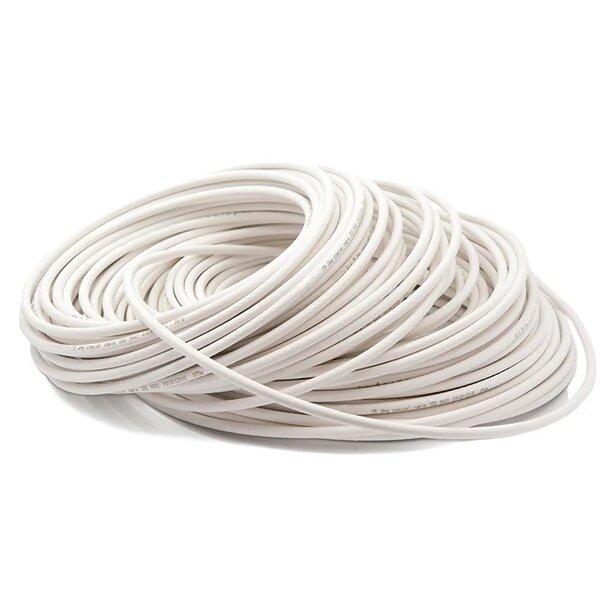The demand for high-quality television reception continues to rise as more people turn to digital antennas for their entertainment needs. To achieve optimal signal quality, you may need to consider using an extension cable for TV antenna. This article will explore the various aspects of extension cables, their importance, and how to select the best option for your setup.
Understanding Extension Cables for TV Antennas
Extension cables for TV antennas are specialized cables designed to connect your antenna to your television or digital video recorder (DVR) while maintaining signal integrity. These cables come in various lengths and types, allowing users to position their antennas in optimal locations for better signal reception. Knowing the specifications of your TV antenna and the requirements of your installation is crucial for selecting the right extension cable.
Why Use an Extension Cable?
Using an extension cable offers multiple benefits. First, it allows for better positioning of your antenna, which can significantly enhance signal strength and quality. Depending on your home's location and surrounding obstacles, moving the antenna to a more favorable location may be necessary. An extension cable grants you the flexibility to achieve this without relocating your television or DVR.
Choosing the Right Length
Selecting the appropriate length of your extension cable is essential. If the cable is too short, you won't be able to position your antenna correctly. Conversely, an excessively long cable can result in signal loss and degradation. Measure the distance between your antenna and TV to determine the best length, and consider purchasing a cable slightly longer than needed to accommodate any future changes.
Cable Types and Their Importance
There are several types of cables suitable for use with TV antennas. Coaxial cables are the most common, designed to carry radio frequency signals while minimizing interference. RG6 and RG11 are two popular types of coaxial cables. RG6 is more flexible and easier to install, while RG11 provides better signal quality over long distances. Understanding the differences between these cables will help you choose the best one for your needs.
Understanding Cable Connectors
The connectors on your extension cable are equally important. Most antennas use F-type connectors, which provide a secure connection and minimize signal loss. It's essential to ensure that the connectors on both your antenna and TV match those on your extension cable. Mismatched connectors can lead to poor reception and decreased performance.
Signal Loss and Its Effects
Signal loss occurs when the strength of a signal diminishes as it travels through the cable. Various factors contribute to signal loss, including cable type, length, and quality. The longer the cable, the more significant the signal loss. Using high-quality extension cables can reduce this loss and ensure you receive the best possible signal for your TV viewing experience.
Installation Tips for Extension Cables
Proper installation of your extension cable is crucial for maximizing signal quality. Ensure that you connect the cable securely to both your antenna and television. Avoid sharp bends or kinks in the cable, as these can disrupt the signal. It's also advisable to keep the cable away from electrical wires and devices that may cause interference.
Weatherproofing and Protection
If your antenna is installed outdoors, protecting your extension cable from the elements is vital. Consider using weatherproof connectors and enclosures to prevent moisture from seeping into the connections. Exposure to rain, snow, or extreme temperatures can damage the cable and lead to signal degradation over time.
Budgeting for Your Cable
When shopping for an extension cable for your TV antenna, it's essential to set a budget. Prices can vary significantly based on the type, length, and quality of the cable. While it's tempting to opt for the cheapest option, investing in a higher-quality cable will likely yield better performance and longevity, making it a more cost-effective choice in the long run.
FAQ
What length of extension cable do I need for my antenna?
The length of the extension cable depends on the distance between your antenna and TV. Measure the distance and consider getting a cable that is slightly longer to accommodate any adjustments in the future.
Can I use an extension cable with any TV antenna?
Most TV antennas can work with extension cables, but it is essential to check the specifications of your antenna to ensure compatibility. Use the same type of connector for optimal performance.
How can I reduce signal loss in my setup?
To minimize signal loss, use high-quality coaxial cables and avoid excessive lengths. Proper installation, including secure connections and avoiding sharp bends, will also help maintain signal integrity.



